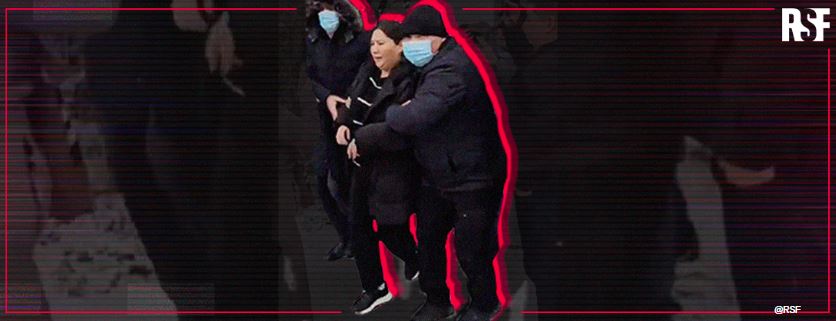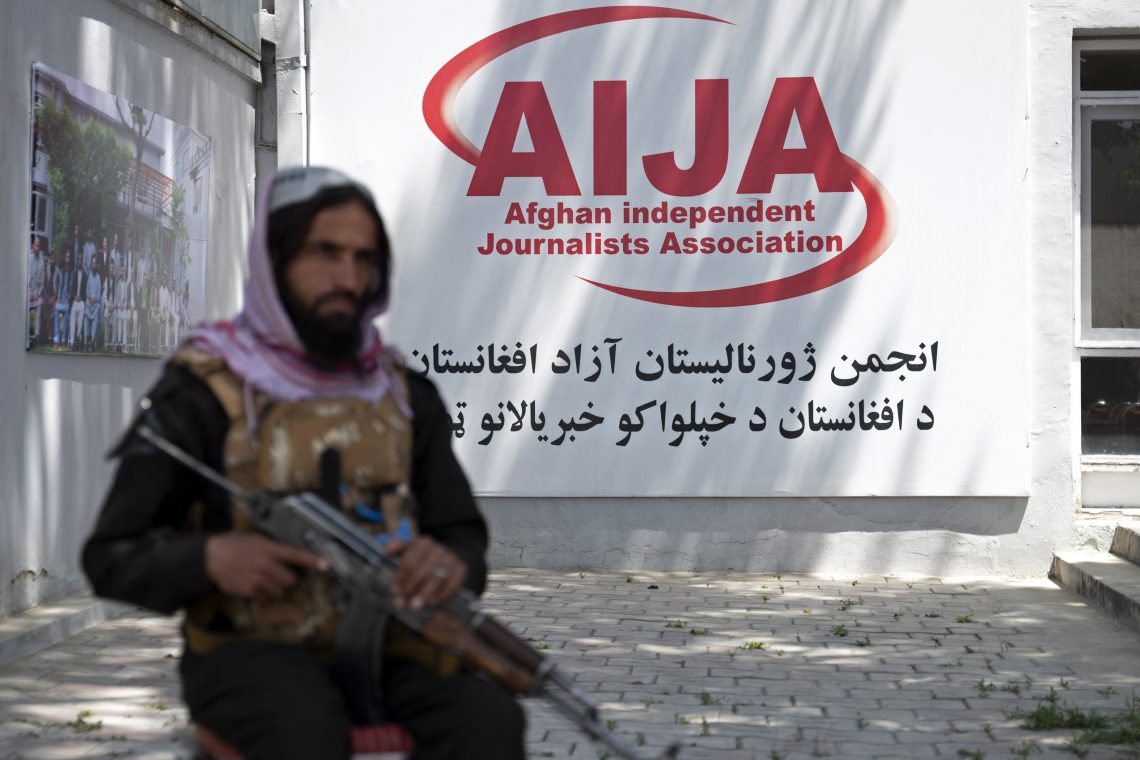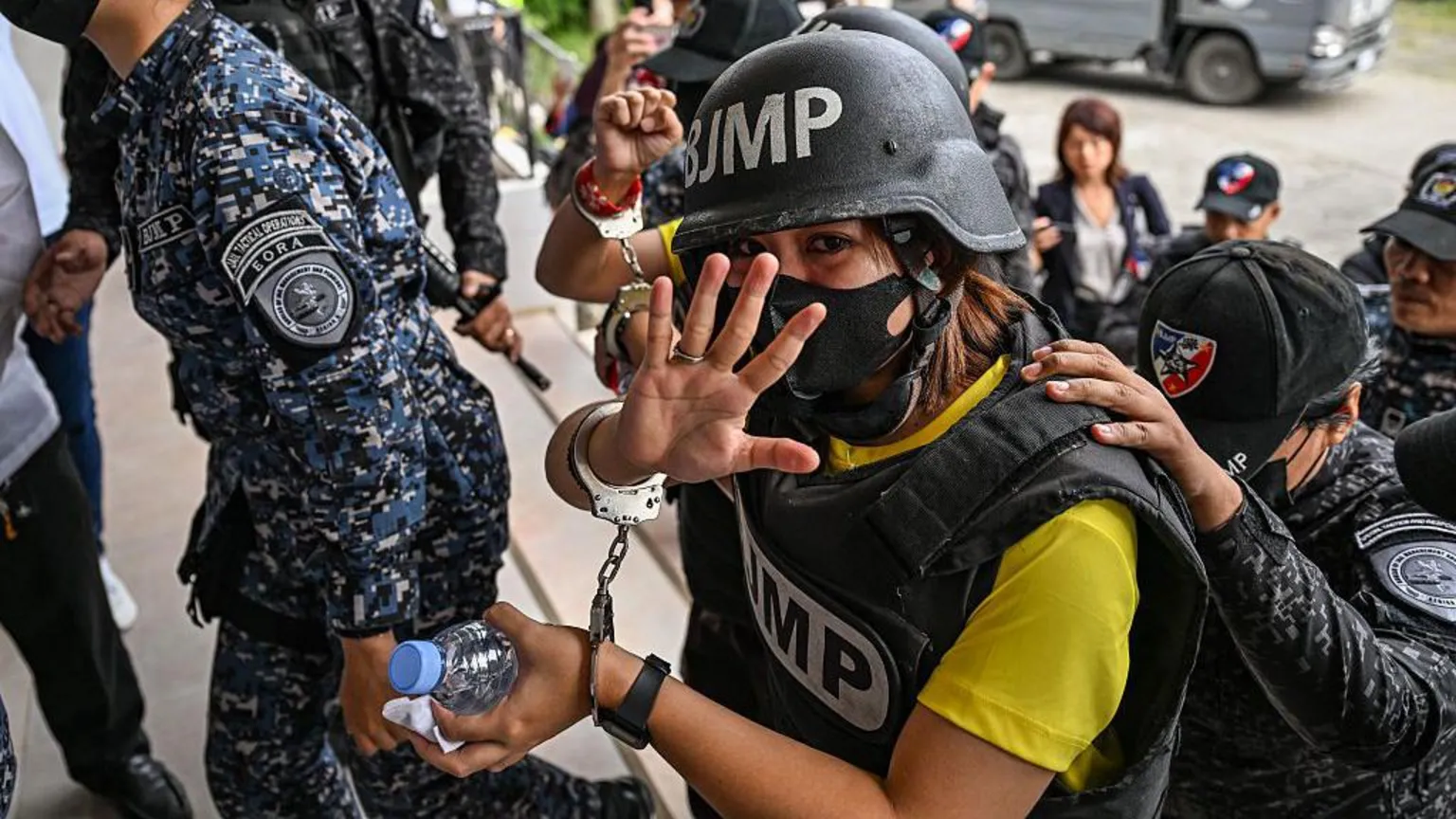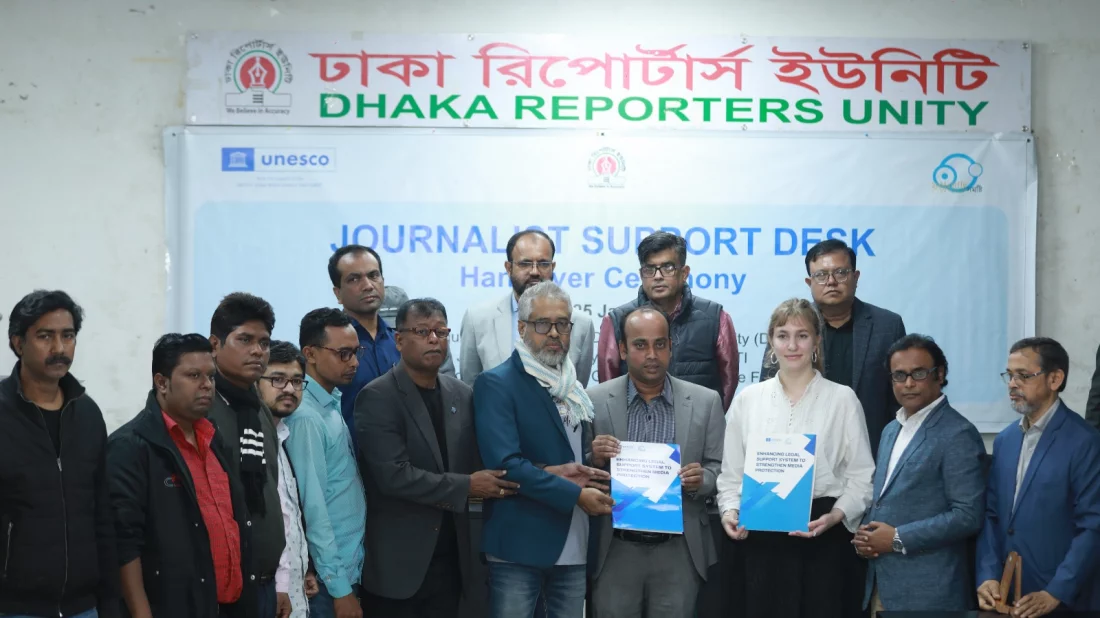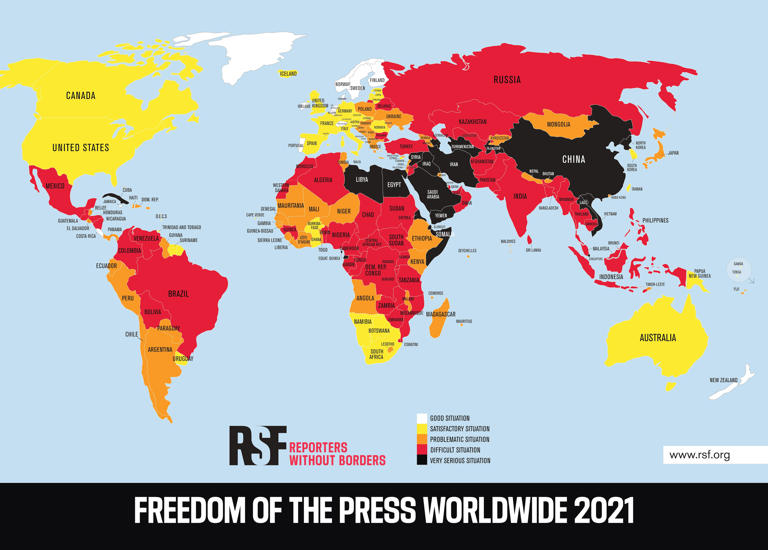
India Emerges as One of the Most Dangerous Countries for Journalists in 2024
December 30, 2024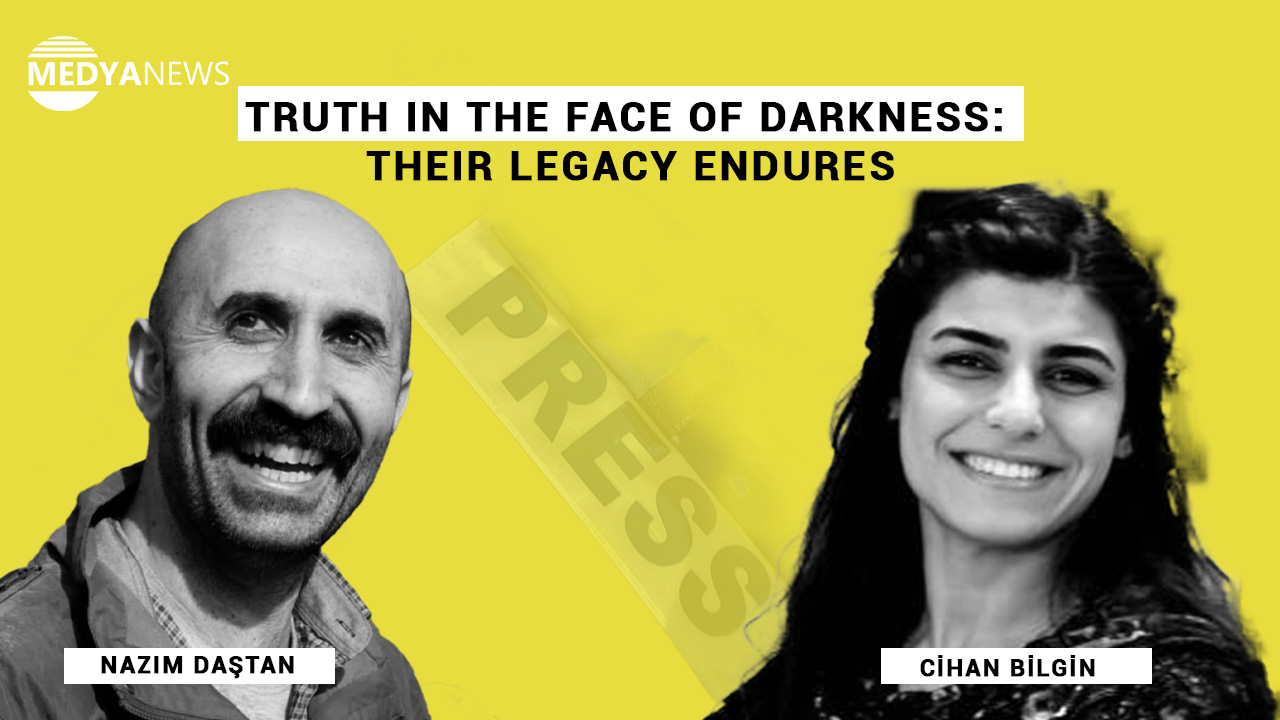
Cîhan Bilgin’s Final Words Reflect Courage and the Cost of Truth in Conflict Zones
December 31, 2024December 30, 2024 – Krygyzstan –
Kyrgyzstan’s government detained 11 journalists affiliated with Temirov Live, an independent investigative media outlet known for exposing high-level corruption. The arrests, widely condemned by press freedom organizations, underscore a growing authoritarian trend under President Sadyr Japarov.
The journalists were accused of “inciting unrest” under Article 278.3 of the Kyrgyz criminal code. Authorities claim their reports—particularly those implicating senior officials and security figures in corruption—threatened national stability. Among the detained were prominent reporters and media workers, several of whom were held without legal representation and subjected to lengthy interrogations. Some were later released under house arrest, while others received prison sentences of up to six years.
The detained journalists were associated with exposés that had directly challenged powerful figures in Kyrgyzstan’s political elite, including President Japarov’s inner circle and the head of the State Committee for National Security. The swift, coordinated crackdown appeared to many observers as a calculated attempt to silence one of the few remaining independent voices in the country’s media landscape.
Press freedom watchdogs swiftly denounced the arrests. Reporters Without Borders (RSF), the Committee to Protect Journalists (CPJ), the International Federation of Journalists (IFJ), and Amnesty International all called for the journalists’ immediate release. They warned that the government’s use of vague, overly broad charges to target journalists sets a dangerous precedent and erodes public access to accountability journalism.
This wave of repression reflects a broader authoritarian drift in Kyrgyzstan, once seen as a relative outlier for media freedom in Central Asia. Since Japarov’s rise to power in 2020, the government has pursued constitutional changes that centralize power and stifle dissent. Independent outlets like Kloop have also been targeted with raids and legal threats.
The crackdown on Temirov Live signals a sharp decline in media freedom and democratic norms. Rights groups urge Kyrgyzstan to drop the charges, reform laws used to criminalize journalism, and protect press freedom as a democratic cornerstone. Without these steps, the country risks joining the ranks of the world’s most repressive regimes for journalists.
Reference –

